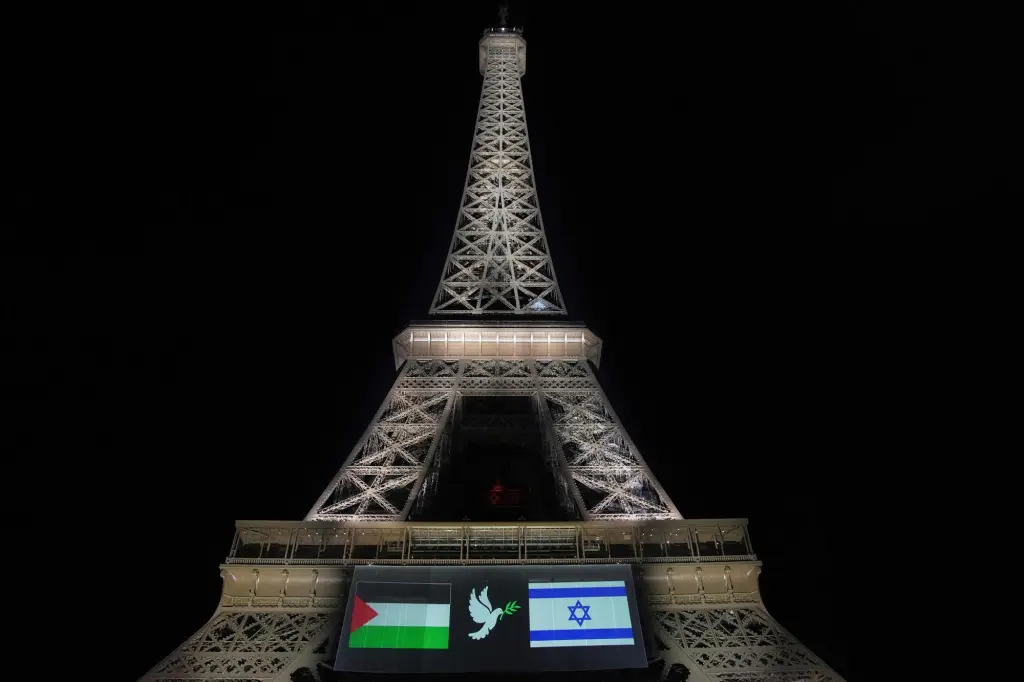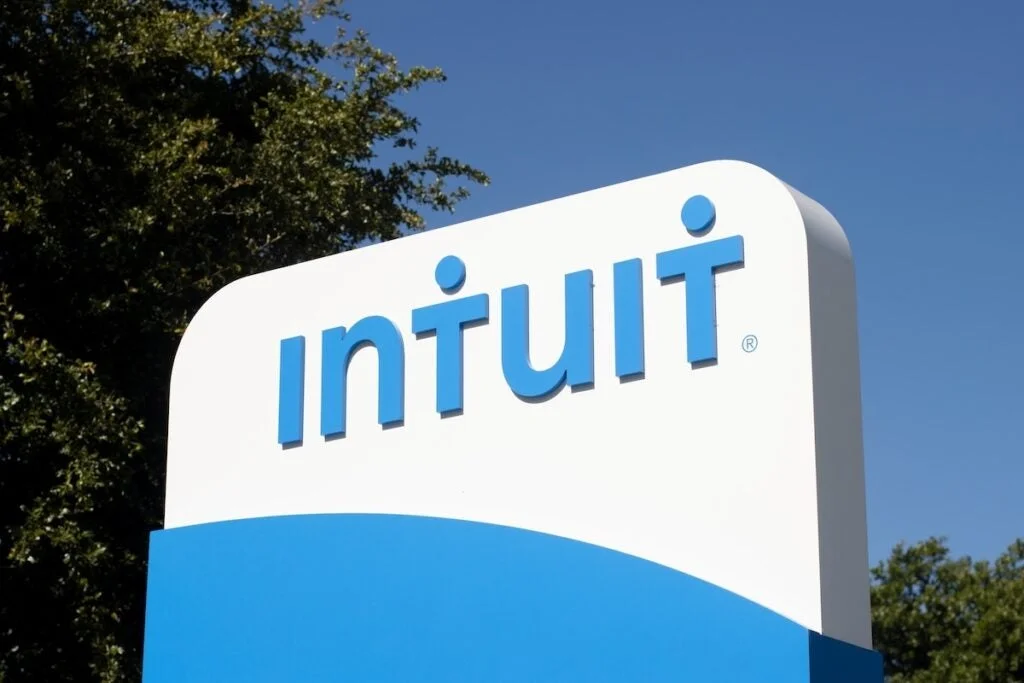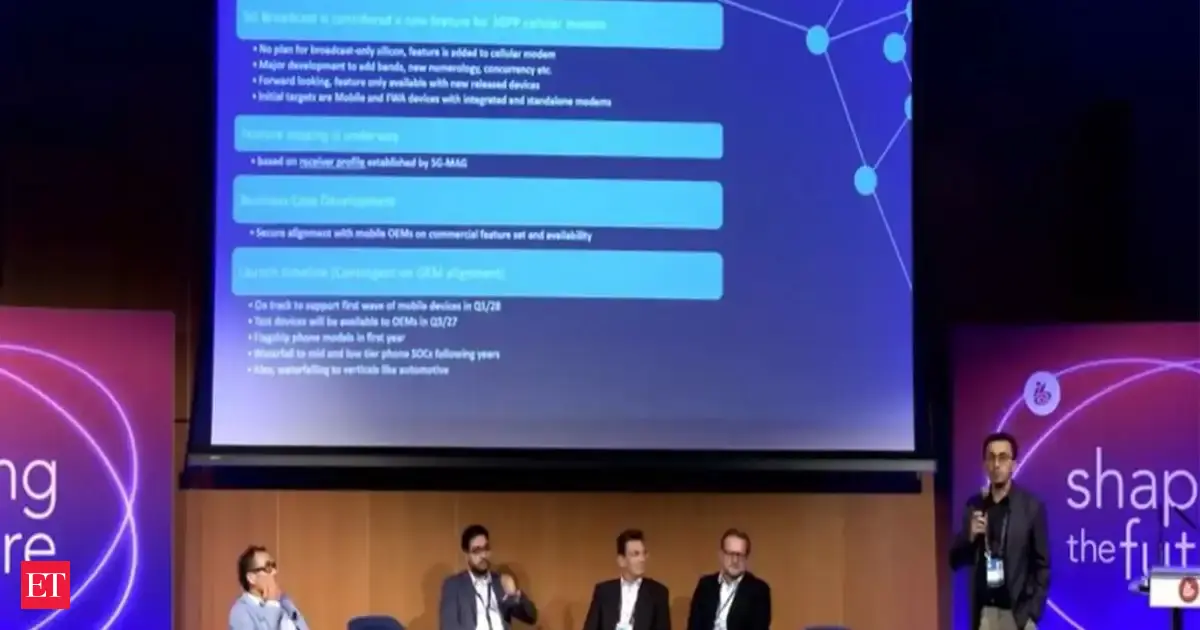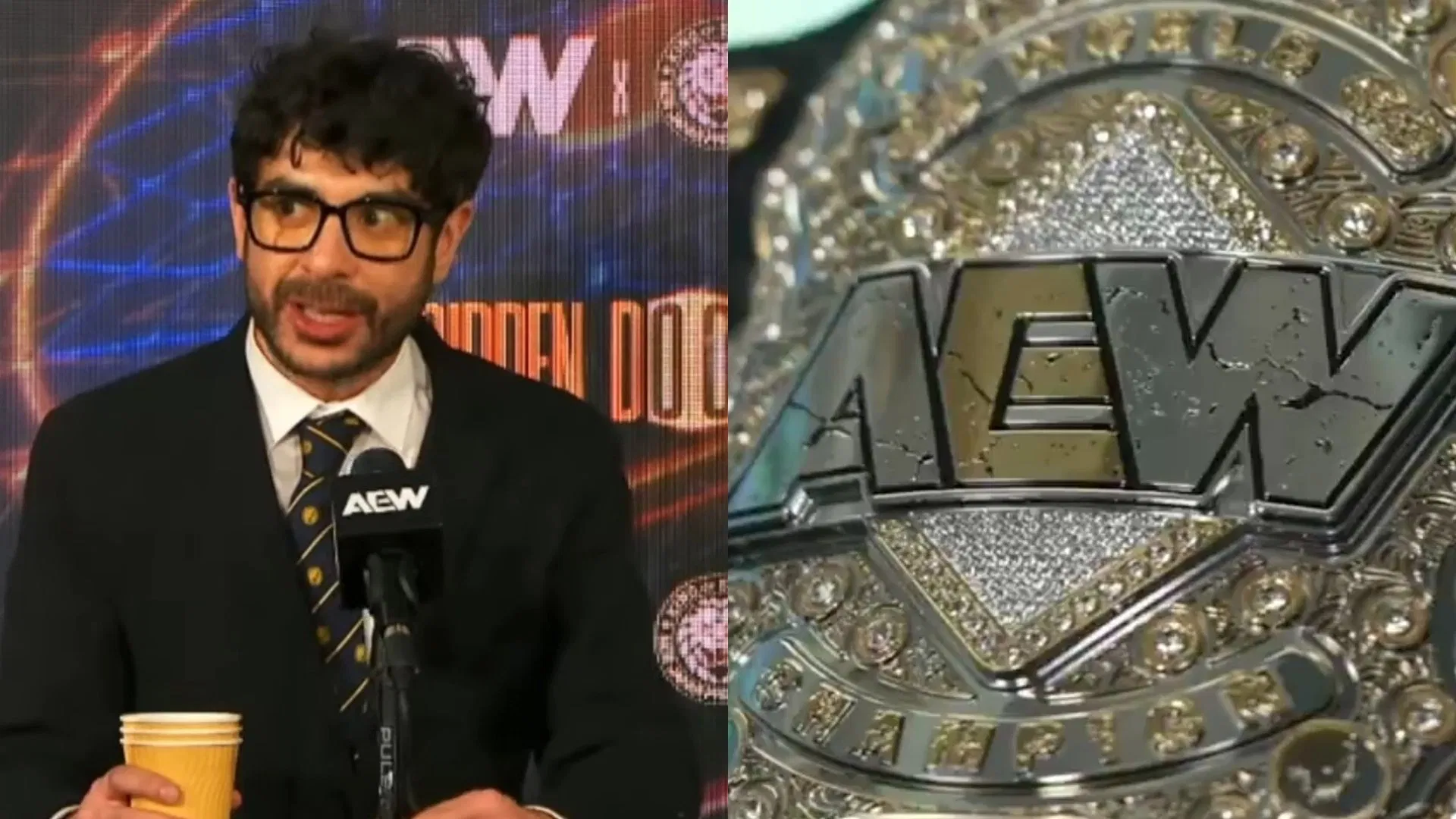
To place an obituary, please include the information from the obituary checklist below in an email to obits@pioneerpress.com. There is no option to place them through our website. Feel free to contact our obituary desk at 651-228-5263 with any questions.
General Information:
Your full name,
Address (City, State, Zip Code),
Phone number,
And an alternate phone number (if any)
Obituary Specification:
Name of Deceased,
Obituary Text,
A photo in a JPEG or PDF file is preferable, TIF and other files are accepted, we will contact you if there are any issues with the photo.
Ad Run dates
There is a discount for running more than one day, but this must be scheduled on the first run date to apply.
If a photo is used, it must be used for both days for the discount to apply, contact us for more information.
Policies:
Verification of Death:
In order to publish obituaries a name and phone number of funeral home/cremation society is required. We must contact the funeral home/cremation society handling the arrangements during their business hours to verify the death. If the body of the deceased has been donated to the University of Minnesota Anatomy Bequest Program, or a similar program, their phone number is required for verification.
Please allow enough time to contact them especially during their limited weekend hours.
A death certificate is also acceptable for this purpose but only one of these two options are necessary.
Guestbook and Outside Websites:
We are not allowed to reference other media sources with a guestbook or an obituary placed elsewhere when placing an obituary in print and online. We may place a website for a funeral home or a family email for contact instead; contact us with any questions regarding this matter.
Obituary Process:
Once your submission is completed, we will fax or email a proof for review prior to publication in the newspaper. This proof includes price and days the notice is scheduled to appear.
Please review the proof carefully. We must be notified of errors or changes before the notice appears in the Pioneer Press based on each day’s deadlines.
After publication, we will not be responsible for errors that may occur after final proofing.
Online:
Changes to an online obituary can be handled through the obituary desk. Call us with further questions.
Payment Procedure:
Pre-payment is required for all obituary notices prior to publication by the deadline specified below in our deadline schedule. Please call 651-228-5263 with your payment information after you have received the proof and approved its contents.
Credit Card: Payment accepted by phone only due to PCI (Payment Card Industry) regulations
EFT: Check by phone. Please provide your routing number and account number.
Cash: Accepted at our FRONT COUNTER Monday – Friday from 8:00AM – 3:30PM
Rates:
The minimum charge is $162 for the first 10 lines.
Every line after the first 10 is $12.20.
If the ad is under 10 lines it will be charged the minimum rate of $162.
On a second run date, the lines are $8.20 per line, starting w/ the first line.
For example: if first run date was 20 lines the cost would be $164.
Each photo published is $125 per day.
For example: 2 photos in the paper on 2 days would be 4 photo charges at $500.
Deadlines:
Please follow deadline times to ensure your obituary is published on the day requested.
Hours
Deadline (no exceptions)
Ad
Photos
MEMORIAM (NON-OBITUARY) REQUEST
Unlike an obituary, Memoriam submissions are remembrances of a loved one who has passed. The rates for a memoriam differ from obituaries.
Please call or email us for more memoriam information
Please call 651-228-5280 for more information.
HOURS: Monday – Friday 8:00AM – 5:00PM (CLOSED WEEKENDS and HOLIDAYS)
Please submit your memoriam ad to memoriams@pioneerpress.com or call 651-228-5280.
By JOSEPH KRAUSS, Associated Press
As the Gaza war rages on, France and Saudi Arabia are chairing a high-profile meeting at the United Nations on Monday aimed at galvanizing support for a two-state solution to the Israeli-Palestinian conflict, with more nations expected to recognize a Palestinian state in defiance of Israel and the United States.
The meeting and expanded recognition of Palestinian statehood are expected to have little if any actual impact on the ground, where Israel is waging another major offensive in the Gaza Strip and expanding settlements in the occupied West Bank.
The meeting is set to begin at 3 p.m. ET (1900 GMT), with several world leaders expected to speak. Palestinian President Mahmoud Abbas is expected to address the meeting by video after he and dozens of other senior Palestinian officials were denied U.S. visas to attend the conference.
The United Kingdom, Canada, Australia and Portugal recognized the state of Palestine on Sunday, and the Palestinians expect a total of 10 countries, including France, to do so in the coming days. Around three-fourths of the 193-member United Nations recognizes Palestine, but major Western nations had until recently declined to, saying one could only come about through negotiations with Israel.
Palestinians have welcomed the moves toward recognition, hoping they might someday lead to independence. “This is a beginning, or a glimmer of hope, for the Palestinian people,” Fawzi Nour al-Deen said Sunday as he held a bag on his head, joining thousands of people fleeing south from Gaza City. “We are a people who deserve to have a state.”
International community widely backs a Palestinian state
The creation of a Palestinian state alongside Israel in the West Bank, Gaza and east Jerusalem — territories seized by Israel in the 1967 Mideast war — is widely seen internationally as the only way to resolve the conflict, which began more than a century before Hamas’ Oct. 7 attack ignited the war in Gaza nearly two years ago.
Israeli Prime Minister Benjamin Netanyahu’s government opposed Palestinian statehood even before the war and now says such a move would reward Hamas, the group that still controls parts of Gaza. He has hinted Israel might take unilateral steps in response, including annexing parts of the West Bank, which would put a viable Palestinian state even further out of reach.
Netanyahu is under pressure from his far-right coalition to move ahead with annexation, but the United Arab Emirates — the driving force behind the 2020 Abraham Accords, in which the UAE and three other Arab states forged ties with Israel — has called it a “red line,” without saying how it could affect the two countries’ now close ties.
Netanyahu said he would decide on Israel’s response to the Palestinian statehood push after meeting with President Donald Trump at the White House next week, their fourth meeting since Trump returned to office. The Israeli leader is set to address world leaders at the U.N. on Friday.
The Trump administration is also opposed to growing recognition of a Palestinian state and blames it for the derailment of ceasefire talks with Hamas. Trump’s envoy, Steve Witkoff, walked away from the talks in July, and earlier this month an Israeli strike targeted Hamas negotiators in Qatar, a key mediator.
The Palestinians are politically fragmented
Abbas’ internationally recognized Palestinian Authority is led by rivals of Hamas and administers parts of the West Bank. It recognizes Israel, cooperates with it on security matters, and is committed to a two-state solution. France and Saudi Arabia have advanced a phased plan in which a reformed Palestinian Authority would eventually govern the West Bank and Gaza with international assistance. It was overwhelmingly supported by the General Assembly on Sept. 12 by a vote of 142-10. Twelve members abstained.
Israel says the Palestinian Authority is not fully committed to peace and accuses it of incitement to militancy. Many Palestinians view the leadership in the West Bank as corrupt and increasingly autocratic.
Hamas, which won the last Palestinian national elections in 2006, has at times hinted it might accept a state on the 1967 lines but remains formally committed to a Palestinian state in all of the territory between the Mediterranean Sea and the Jordan River, including Israel.
Israelis and Palestinians held U.S.-brokered peace talks beginning in the early 1990s, but those efforts repeatedly stalled because of outbreaks of violence and Israel’s expansion of settlements aimed at cementing its control over the West Bank. There have been no substantive peace talks since Netanyahu returned to office in 2009.
Advocates of the two-state solution say that without a Palestinian state, Israel will have to decide between the status quo, in which millions of Palestinians live under military occupation without equal rights, or a binational state that might not have a Jewish majority.
Originally Published: September 22, 2025 at 11:27 AM CDT



